Importance of Healthy diet during pandemic(COVID-19)

Introduction of Pandemic and its effects on Health
The COVID-19 pandemic is causing a lot of changes in our daily lives. We are social distancing, staying home, and unable to dine out at restaurants. It can be easy to slip into unhealthy eating habits during this stay-at-home period, but with a little thought and preparation, maintaining a healthy diet doesn’t have to be a chore.
Nutritional status plays a very important role in the prevention and treatment of contagious and non-contagious diseases. In the frame of a health contingency, the use of strategies that strengthen our nutritional status and immune system is essential. No one knows how long these virus security measures will take, but there is a perfect time to protect and improve your health while practicing social distancing.
A healthy diet is especially important to keep your immune system in top condition Here are some steps you can take to eat healthy in the (COVID-19)
Good nutrition is always important, but during this pandemic, it’s even more important because a well-balanced diet of nutritious foods helps support a strong immune system.
When it’s time to go grocery shopping, a little planning can help you get in and out of the store quickly. Prepare a shopping list that will cover you and everyone in your household for two weeks, and resist the urge to buy in much larger quantities. Buying more than you need means less for others and possibly unnecessary food waste.
With fresh foods, buy a variety in quantities that you would normally buy. Plan for a mix of fresh, frozen (meats, vegetables, fruits and breads), and shelf-stable foods (pastas, rice, legumes, nut butters, and dried and canned goods). Eat fresh food first, and stock your freezer and pantry with items you can eat in the second week and beyond.
If you don’t want to risk being around others at the supermarket, buying food online and having it delivered is another option, as is curbside pickup, which some local supermarkets are offering. Our region also has a variety of community-supported agriculture systems, where small farmers sell directly to consumers and through food boxes delivered to homes. This is a great way to support local farmers while getting the freshest possible food for your family.
Eat plenty of fruits and vegetables, which are rich in vitamins and minerals as well as fiber. Frozen or canned fruits and vegetables also contain vitamins and minerals, although the processing of these products sometimes adds ingredients such as sugar, salt or preservatives. Be sure to read the labels so you can choose what’s best for you and your family.
Consume a diet rich in whole grains, nuts and healthy fats such as in olive, sesame, peanut or other oils rich in unsaturated fatty acids. These foods help to support your immune system.
It’s tempting to reach for comfort food when we’re stressed, and that’s okay once in a while. But don’t make it a habit because many of these foods, such as mac and cheese, pizza, and burgers and fries, are high in fat, sugar and salt. Read food labels so you can be informed about the nutritional value of the foods you’re buying, serving to your family and eating.
Drink water regularly. Staying well hydrated also helps your immune system. Stick with plain water instead of sugar-sweetened beverages to cut down on empty calories.
During these challenging times, it can also be tempting to cope by reaching for an alcoholic drink. If you drink alcohol, do so only in moderation. Alcoholic beverages have little nutritional value and are often high in calories, and excess consumption of alcohol is linked to numerous health problems.
Some steps you can take to eat Healthy Supplements in the (COVID-19)
1. Minimize your visits to the supermarket during the pandemic and eat healthy.
2. Clean your hands and the handle of the shopping cart at the grocery store.
3. Plan what you are going to buy. Make a shopping list, taking into account what your family likes and cooking methods.
4. Include your children in meal planning, preparation, and cleaning.
5. Limit impulse purchases of treats like chips, soda, cookies, ice cream, because they are high in empty calories and increase your grocery bill.
6. Consider low-cost alternatives. For example, instead of buying pre-made hummus, make your own by pureeing a drained can of chickpeas.
7. Check the expiration date of the products before purchasing.
8. Try some new recipes. Have you ever made homemade pizza, roasted a whole chicken, or cooked meatballs from scratch? There are many great recipes on the internet! Look for those that need only a few ingredients and use common kitchen tools.
9. Keep in mind the basic foods that we must have at home to achieve a balanced diet that will keep our bodies strong.
10. Arrange the cupboard and refrigerator with the FIFO method (‘first in, first out’) to avoid spoiling or using out-of-date foods.
11. Stay hydrated. Drink at least two liters a day and promote physical activity at home.
12. Practice positive stress management strategies like staying busy and engaged, enjoying your hobbies, reading, cooking, making videos with your kids, starting a scrapbook, helping your kids with their virtual school assignments, and keeping in touch with family members.
13. Share meals together with your family at the table. Enjoy the moment.
14. Think positive! Mindset is vital to overcome this pandemic in a physically and mentally healthy way.
Remember these vitamins!!
Thanks for the attention hope this article will help u all so stay healthy and eat healthy food supplements.
Reference taken from WHO guidelines.
Written By:
Priyanka Massey
Certified Infection Control Nurse
Professional Trainer.
Ingenious Health Care Consultants Pvt.Ltd.
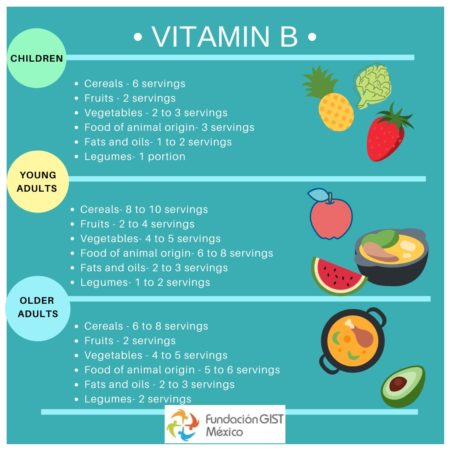
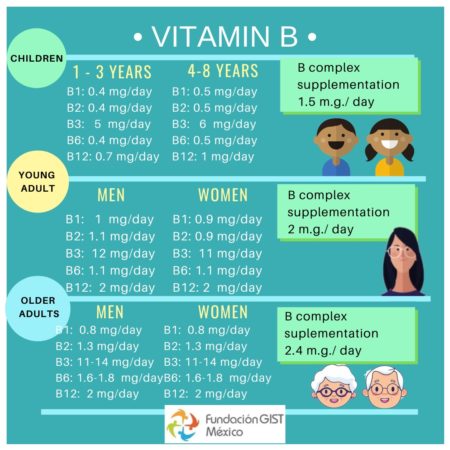
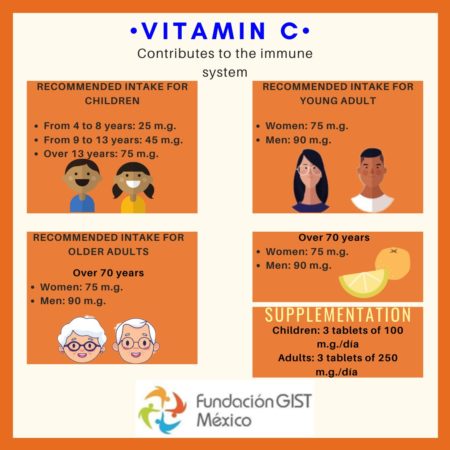
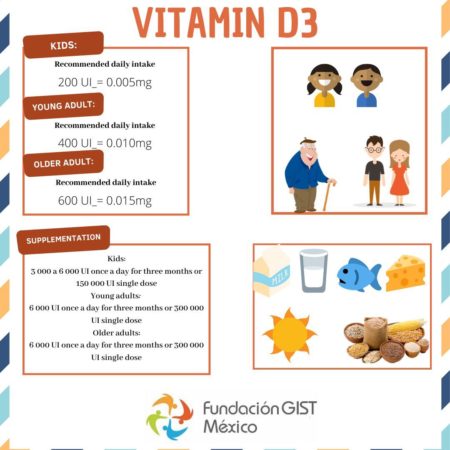
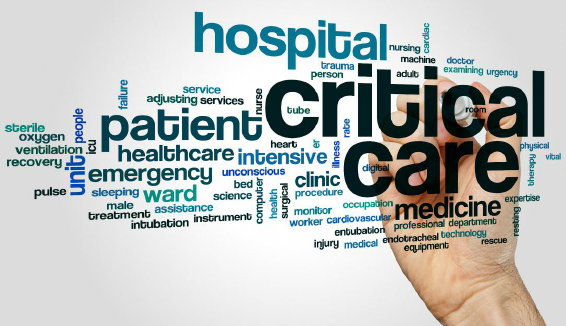
Nice info. Keep it up
ReplyDeleteVery n9s keep going.........
ReplyDeleteVery nice it's very helpful
ReplyDeleteThanks Everyone for valuable feedback..
ReplyDelete